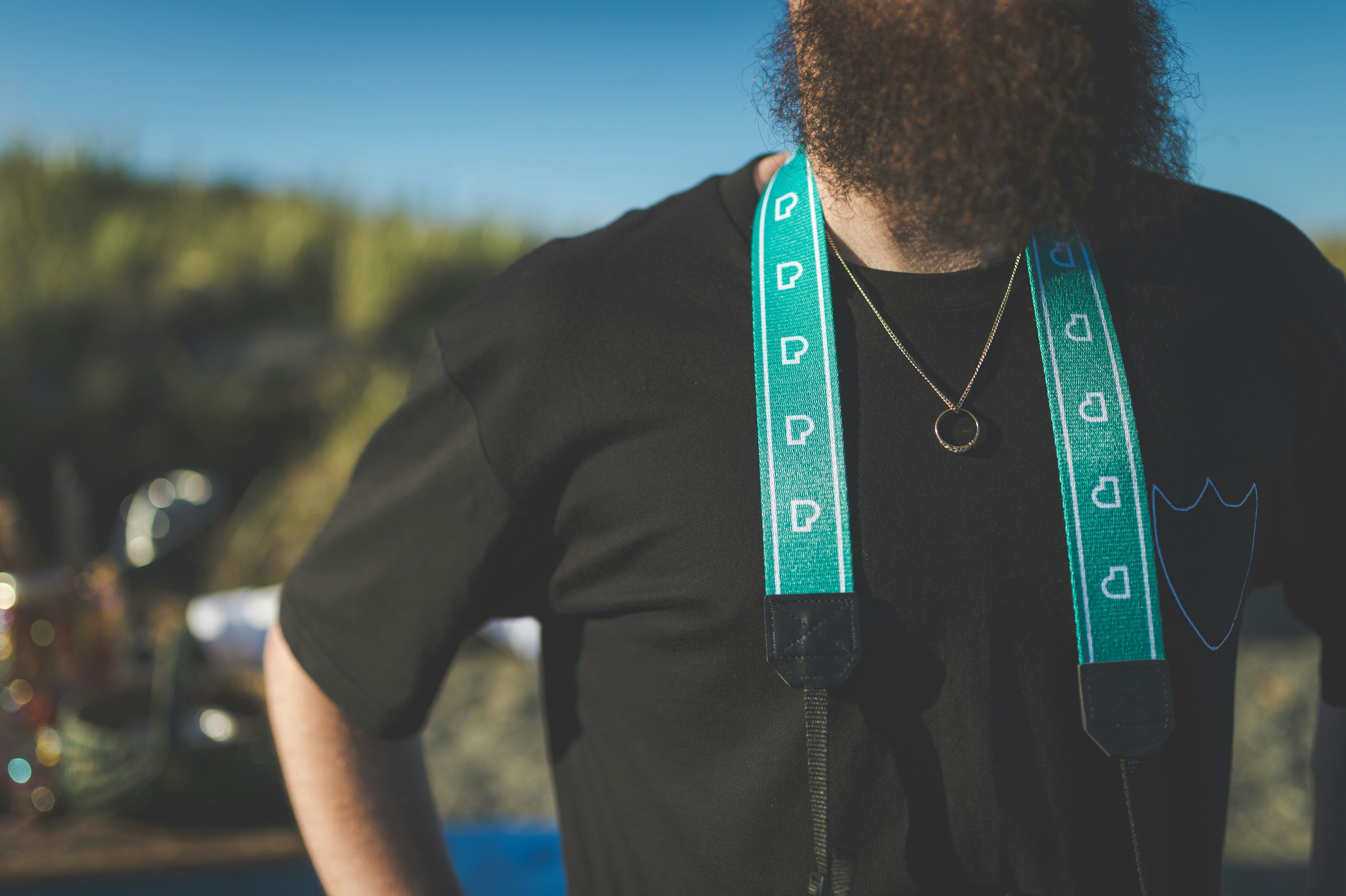Researchers identify factor leading to premature onset of puberty in some girls, potentially elevating their cancer susceptibility danger.
Whoa, it looks like a recent study is shedding some light on the connection between a girl's diet and the age she starts her period, and the potential impact that has on her future health.
According to researchers, girls who consume lots of veggies, whole grains, and lean meat are more likely to hit puberty at an average age of 13, rather than those who load up on processed foods and salty snacks. This finding is independent of body mass index, meaning healthy diets are crucial no matter what a kid's weight is.
Why is this important? Studies have shown that starting puberty at a young age can increase a woman's cancer risk in later life. This is thought to be due to extended exposure to reproductive hormones like estrogen, which can stimulate breast tissue growth, raising the odds of breast cancer.
A 2012 analysis, which involved data from over 100 studies, found that for every year younger a girl starts her period, her risk of developing breast cancer increases by 5%. So, for example, a girl who starts her period at 10 years old has a 25% increased risk of breast cancer later in life, compared to a girl who doesn't start till 15.
Experts say this trend of younger puberty onset could lead to complications like breast cancer, diabetes, and heart disease in adulthood. In fact, research suggests that girls who have their first period before the age of 11 have a 15-20% increased risk of breast cancer.
It's worth mentioning that the average age that puberty begins is on the decline in girls. A study published last year found that girls born between 2000 and 2005 started their period at around 11, compared to 12 in the 60s and 70s. This shift in onset could be due to unhealthy diets, according to Professor Holly Harris, who led the current study.
This research is the first of its kind, and it investigated the link between diet and the age girls start their period. The researchers studied 7,530 girls, aged between 9 to 14, from the Growing Up Today Study (GUTS) in the US. They found that girls with the healthiest diets were 8% less likely to have their first period within the first month of the study, compared to those with unhealthy eating habits.
Now, you might be wondering exactly what constitutes a healthy diet and what foods could be accelerating the onset of puberty. The researchers looked at two dietary patterns: the Alternative Healthy Eating Index (AHEI) and the Empirical Dietary Inflammatory Pattern (EDIP). The AHEI rewards healthier foods like vegetables, legumes, and whole grains, while the EDIP reflects foods that are more likely to cause inflammation in the body, such as processed meats, sugary drinks, and refined carbohydrates.
Prof Harris, who headed the study, emphasized the need for young children and adolescents to have access to healthy, nutrient-dense meals to potentially delay the onset of puberty and reduce the long-term health risks associated with it.
Now, it's important to remember that starting puberty at a younger age isn't directly causing breast cancer. Rather, it increases the number of years the breast tissue is exposed to estrogen, potentially leading to more opportunities for mutations that can contribute to cancer development. Additionally, a healthy diet could play a role in reducing the risk of breast cancer later in life.
So, if you're a parent, encouraging your kid to eat a diet rich in veggies, whole grains, and lean proteins might not only help them hit puberty at a healthier age, but it could also have long-term benefits for their health as well.
[1] Breast Cancer Research and Treatment (2006)[2] Journal of Clinical Endocrinology and Metabolism (2007)[3] American Journal of Epidemiology (2012)[4] Breast Cancer Research (2016)[5] European Journal of Epidemiology (2016)
[1] Studies have linked a girl's diet to the age she starts her period, and the potential impact on future health, particularly in relation to breast cancer risk.[2] According to a 2012 analysis, for every year younger a girl starts her period, her risk of developing breast cancer increases by 5%.[3] Healthy diets, rich in vegetables, whole grains, and lean meats, can help delay the onset of puberty and reduce the associated long-term health risks.[4] A study published in the European Journal of Epidemiology found that the average age that puberty begins is declining in girls, potentially due to unhealthy diets.[5] Encouraging children to consume nutrient-dense meals, as opposed to processed foods and snacks, could have long-term benefits for their overall health, including a reduced risk of breast cancer.










